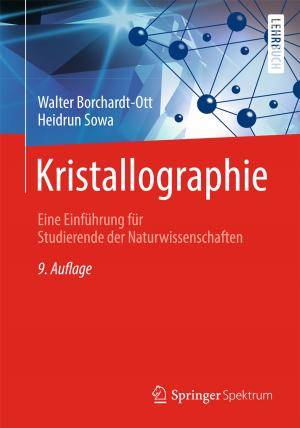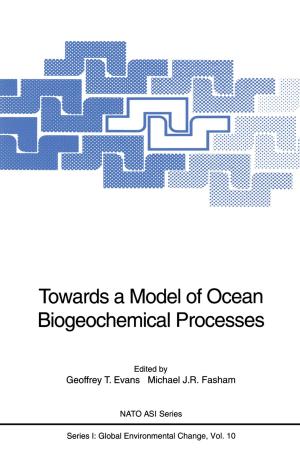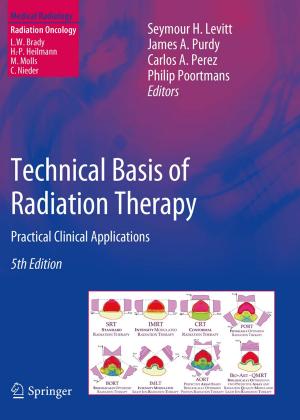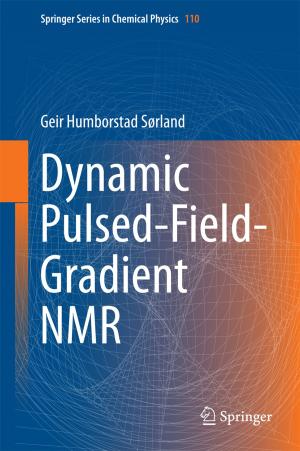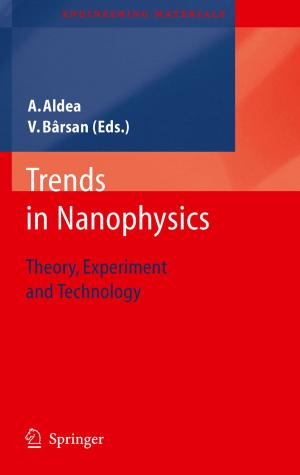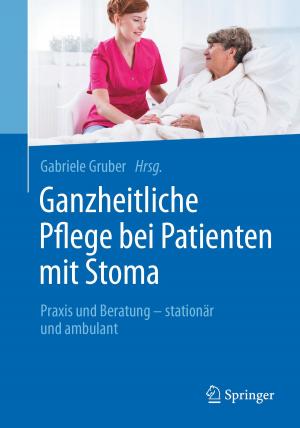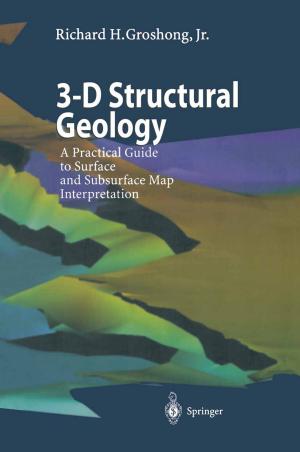Instrument Development for Atmospheric Research and Monitoring
Lidar Profiling, DOAS and Tunable Diode Laser Spectroscopy
Nonfiction, Science & Nature, Science, Other Sciences, Meteorology, Biological Sciences, Environmental Science| Author: | ISBN: | 9783662034057 | |
| Publisher: | Springer Berlin Heidelberg | Publication: | April 17, 2013 |
| Imprint: | Springer | Language: | English |
| Author: | |
| ISBN: | 9783662034057 |
| Publisher: | Springer Berlin Heidelberg |
| Publication: | April 17, 2013 |
| Imprint: | Springer |
| Language: | English |
Jens Bosenberg Max-Planck-Institut fur Meteorologie, Bundesstr. 55, D-20146 Hamburg, Germany TESLAS, which stands for Tropospheric Environmental Studies by Laser Sounding, was formed in November 1987 as a subproject of EUROTRAC to enhance the measurement capabilities for vertical profiling of ozone in the troposphere by means of laser remote sensing. For studies of several atmospheric processes related to the formation and redistribution of photo-oxidants there was a clear need for measuring extended time series with appropriate vertical and temporal resolution. These could not be obtained by conventional in situ techniques, at least not with affordable effort, so remote sensing appeared to be the best way to obtain the required information. At the beginning of the subproject, some Differential Absorption Lidar (DIAL) systems for measuring the vertical distribution of ozone already existed, but their use was restricted to very few laboratories and very few measurement campaigns, since the instruments were highly complex, rather unreliable, and required extensive efforts for maintenance and operation by skilled scientists. In addition, the accuracy of these measurements under a variety of meteorological conditions was not really well established. The main tasks within TESLAS therefore were to develop fully the DIAL-methodology for remote sensing of tropospheric ozone, and to develop instruments which are accurate, reliable, easy to operate, and suitable for field deployment or airborne operation.
Jens Bosenberg Max-Planck-Institut fur Meteorologie, Bundesstr. 55, D-20146 Hamburg, Germany TESLAS, which stands for Tropospheric Environmental Studies by Laser Sounding, was formed in November 1987 as a subproject of EUROTRAC to enhance the measurement capabilities for vertical profiling of ozone in the troposphere by means of laser remote sensing. For studies of several atmospheric processes related to the formation and redistribution of photo-oxidants there was a clear need for measuring extended time series with appropriate vertical and temporal resolution. These could not be obtained by conventional in situ techniques, at least not with affordable effort, so remote sensing appeared to be the best way to obtain the required information. At the beginning of the subproject, some Differential Absorption Lidar (DIAL) systems for measuring the vertical distribution of ozone already existed, but their use was restricted to very few laboratories and very few measurement campaigns, since the instruments were highly complex, rather unreliable, and required extensive efforts for maintenance and operation by skilled scientists. In addition, the accuracy of these measurements under a variety of meteorological conditions was not really well established. The main tasks within TESLAS therefore were to develop fully the DIAL-methodology for remote sensing of tropospheric ozone, and to develop instruments which are accurate, reliable, easy to operate, and suitable for field deployment or airborne operation.
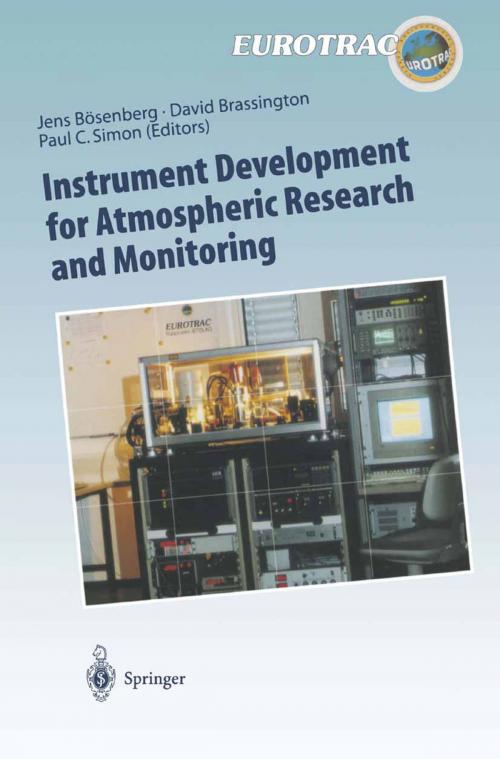

![Cover of the book Supramolecular Assemblies of Cucurbit[n]urils with Metal Ions by](https://www.kuoky.com/images/2015/march/300x300/9783662466292-ALhG_300x.jpg)
